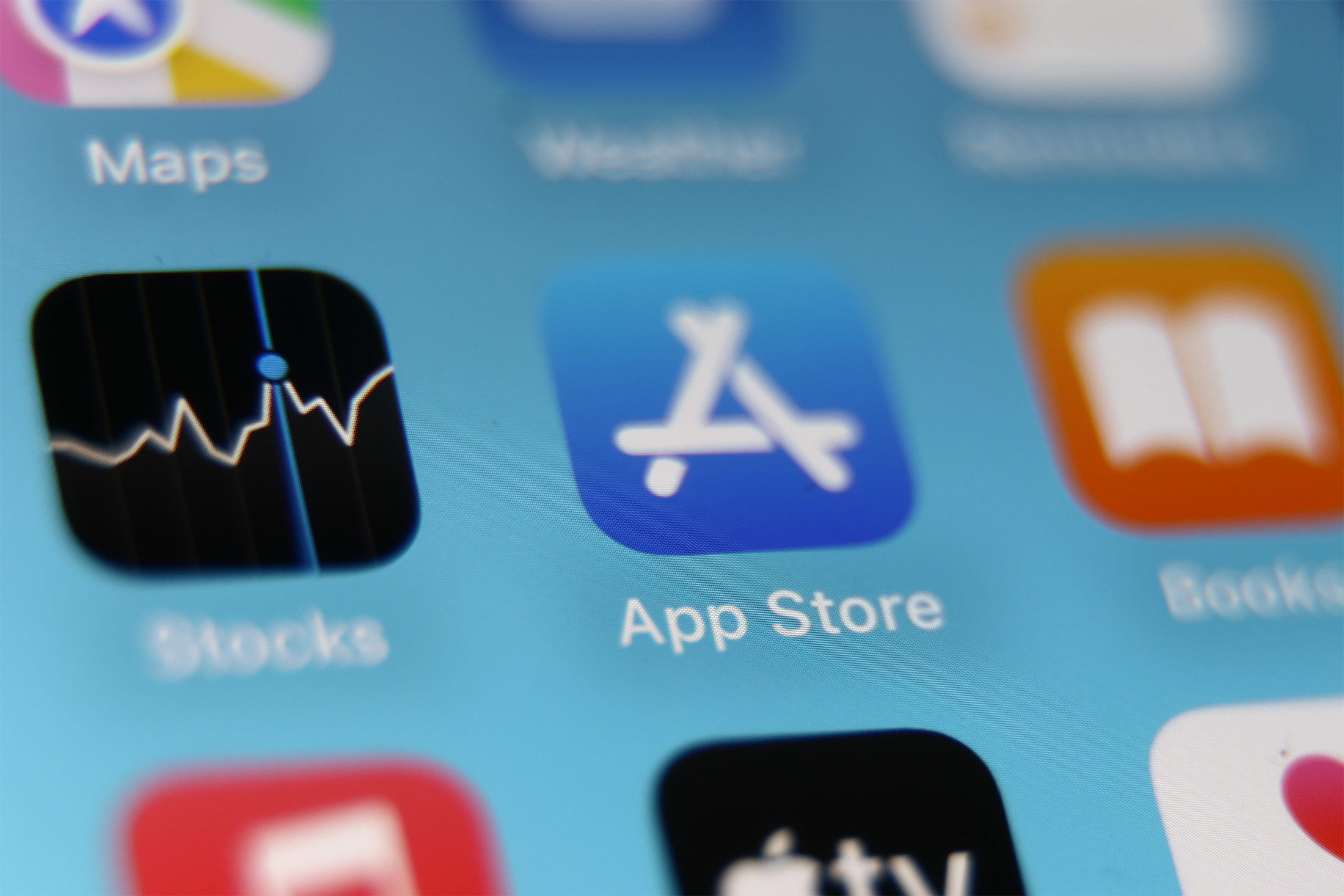
Apple’s recent announcement introduces a pivotal change for iOS developers in the European Union (EU), enabling them to distribute their apps directly from websites, bypassing the traditional App Store route. This new web distribution feature is anticipated to roll out with a software update “later this spring,” marking a significant shift in Apple’s app distribution model in EU markets. However, this newfound flexibility comes with a set of rigorous conditions that developers must meet, underscoring Apple’s commitment to maintaining its security standards and control over the iOS ecosystem.
Apple’s Web Distribution Initiative
Under this new system, developers will have the opportunity to reach users directly through their own websites, offering a streamlined alternative to the App Store. Despite this advancement, Apple has set forth stringent requirements to ensure that the integrity of its platform remains uncompromised. Apps distributed via this method must adhere to Apple’s Notarization requirements, a standard practice for all iOS applications to safeguard platform security. Additionally, these apps can only be installed from a website domain registered by the developer in App Store Connect, ensuring a controlled and secure distribution channel.
The process for EU users to install apps directly from a developer’s website includes the following steps:
- Grant Permission: Users must authorize the developer to install apps by adjusting settings on their iPhone.
- Installation Details: During installation, a system sheet displays crucial app information, including:
- App name
- Developer name
- App description
- Screenshots
- System age rating
This detailed information, reviewed and submitted by developers to Apple, is designed to maintain transparency and build trust in this new distribution model.
Eligibility Criteria for Developers
Despite opening up its ecosystem, Apple’s conditions for developers to qualify for web distribution are stringent.
| Requirement | Description |
|---|---|
| Developer Enrollment | Must be part of the Apple Developer Program as an organization in the EU or have a subsidiary in the EU listed in App Store Connect. |
| Good Standing | A record of good standing in the Apple Developer Program for at least two years. |
| Install Threshold | More than one million first annual installs on iOS in the EU in the prior calendar year. |
| Sole Distribution | Only offer apps from the developer’s own account. |
| Responsiveness | Be responsive to communications from Apple, especially regarding app issues. |
| Data Policies | Publish transparent data collection policies and give users control over their data. |
| Legal Compliance | Comply with applicable EU laws, such as the Digital Services Act and the GDPR. |
| Takedown Responsibility | Handle requests to remove app listings as required by governments or other entities. |
Developers must be enrolled in the Apple Developer Program as an organization based in the EU or have a subsidiary in the EU registered in App Store Connect. They must also have a track record of good standing in the Apple Developer Program for at least two continuous years and have achieved more than one million first annual installs on iOS in the EU in the previous calendar year.
Additionally, Apple requires developers to be solely responsible for the apps distributed from their account, maintain transparent data collection policies, comply with applicable laws, and be responsive to communications from Apple, especially regarding any concerns that may impact user safety, security, or privacy. These criteria highlight Apple’s effort to limit this distribution method to substantial developers, potentially excluding smaller developers or those with a contentious history with Apple, such as Epic Games.
Why Is Apple Making These Changes Now?
The backdrop to this development is the ongoing regulatory scrutiny Apple faces over its App Store practices. By allowing direct app downloads, Apple is making concessions to regulatory pressures in the EU, offering developers a way to circumvent the App Store’s fees and restrictions. However, this move also introduces a Core Technology Fee for apps that surpass one million annual installs, applying to both third-party marketplace distributions and direct web distributions, with certain exemptions.
In addition to direct app downloads, Apple is relaxing its rules around how developers can link to external webpages for completing purchases of digital goods. Developers now have more freedom to design promotions, discounts, and other deals without being constrained to Apple’s design templates, signifying a more flexible approach to developer relations.
This change represents a significant evolution in Apple’s app distribution strategy, reflecting a balance between opening up the iOS ecosystem and maintaining control over app security and integrity. While it offers developers in the EU a new avenue to reach users directly, the stringent requirements and potential friction for end-users indicate that Apple’s approach remains cautious.
Related News:
Featured Image courtesy of Jakub Porzycki/NurPhoto via Getty Images
